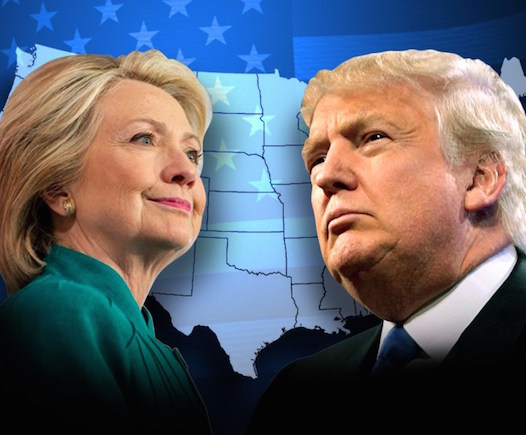Taxes are expected to remain a key issue in the upcoming presidential election. Just a handful of days before the nationally-televised debate on September 26, Democratic candidate Hillary Clinton, the former secretary of State, dropped a major bombshell: A proposal to increase the top federal estate rate to a staggering 65 percent, the highest it will have been in 35 years. Currently, the top tax rate is 40 percent.
In contrast, Clinton’s Republican opponent, billionaire Donald Trump, has advocated a complete repeal of federal estate taxes. The estate tax divide is just one of several deep chasms between the two main challengers for our nation’s highest office.
The proposal to boost estate taxes was posted on Clinton’s campaign website. She hasn’t commented on it publicly, but the move is consistent with other efforts aimed at increasing the tax burden for the wealthiest individuals.
Previously, Clinton had offered more modest proposals for raising estate taxes. For starters, she intended to cut back the current estate tax exemption of $5 million – inflation-indexed to $5.45 million in 2016 — to $3.5 million, the same as it was back in 2009. In addition, she proposed increasing the top 40 percent rate to 45 percent. Although that’s still a bundle for larger estates, it’s chump change compared to a top 65 percent rate.
Clinton’s new plan would impose a 50 percent rate on estates of more than 10 million, 55 percent for estates of more than $50 million and 65 percent for estates valued above $500 million. The top 65 percent rate would be the highest in the land since the Reagan-era tax cuts of 1981.
In another sea shift, Clinton would eliminate the step-up in basis on inherited assets. As things stand now, heirs who sell appreciated assets must pay income tax on sales based on the value on the date of death, not the decedent’s cost. Thus, the appreciation in value is never taxed. Clinton’s latest proposals would repeal this tax break, but with certain exceptions, including provisions benefitting estate transfers of farms, business interests and real estate.
If the proposal to hike the top estate tax rate to 65 percent sounds a little familiar, it should. Vermont Senator Bernie Sanders, who was Clinton’s main challenger for the Democratic presidential nomination before bowing out, trumpeted a call for a comparable rate. Some political commentators are viewing Clinton’s latest proposals as attempt to appeal to the Sanders supporters who haven’t fully embraced her candidacy.
In any event, it’s unlikely that Clinton could garner enough support in Congress to push through these radical reforms. Appropriately enough, Rep. Kevin Brady (R-TX), chairman of the tax-writing House Ways & Means Committee, said that Clinton’s plan was “dead on arrival.” No matter what shape Congress takes, this would be an uphill climb.
Thanks for reading CPA Practice Advisor!
Subscribe Already registered? Log In
Need more information? Read the FAQs




